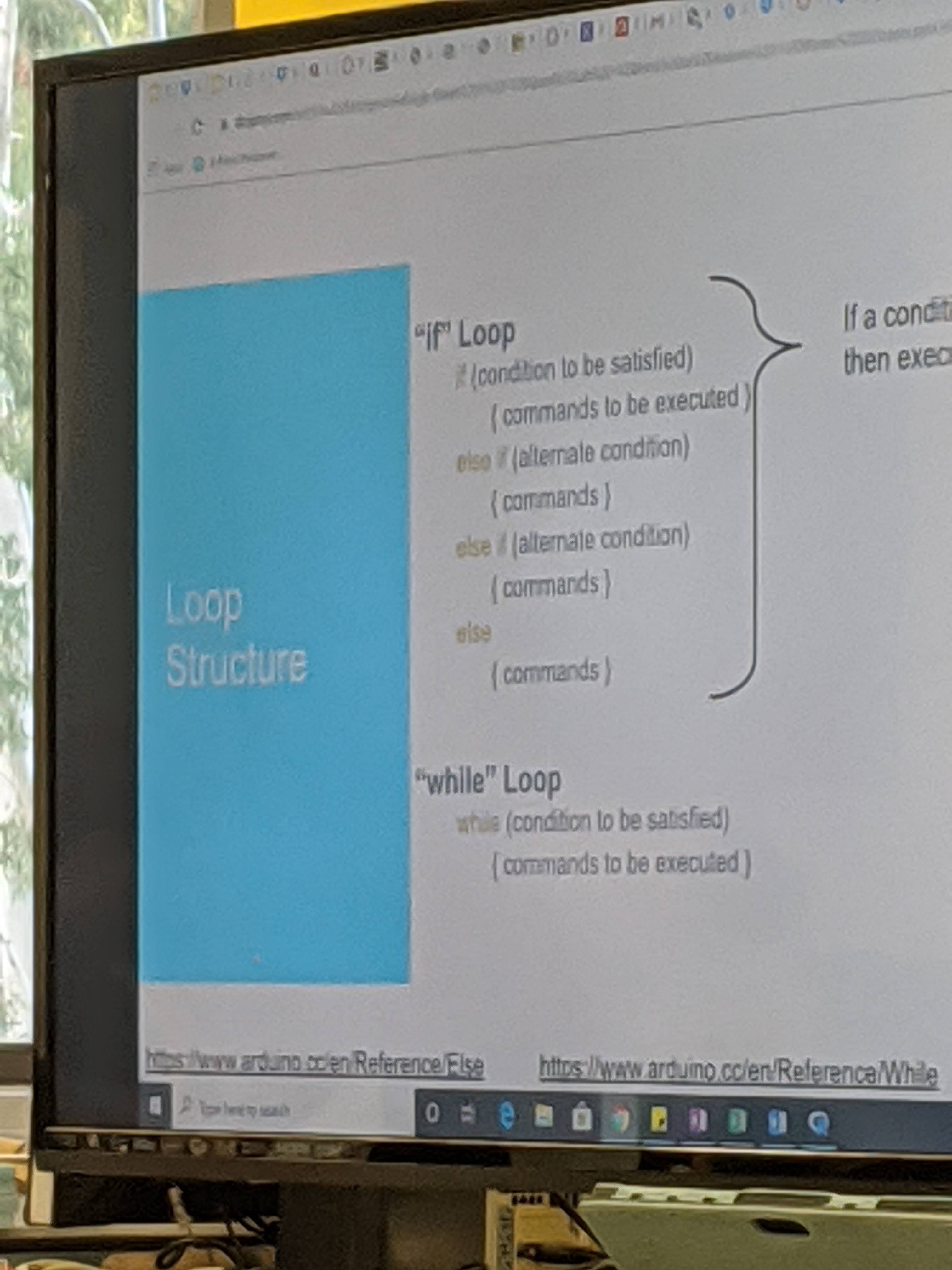int main() {
useless:
int x = 10;
if (1) {
goto useless;
}
}
Programmer Humor
Welcome to Programmer Humor!
This is a place where you can post jokes, memes, humor, etc. related to programming!
For sharing awful code theres also Programming Horror.
Rules
- Keep content in english
- No advertisements
- Posts must be related to programming or programmer topics
Yea, I saw C style and was disappointed when it didn't abuse gotos.
This is the real way!
Through the magic of make, you can write code that changes if statements to while loops then changes it back after compilation passes or fails.
I only give good advice.

ELI5 plz
Statements that start with # in C/C++ are known as preprocessor directives, that is, they are executed before compilation begins. OP has used a #define which will replace any instance of A (IF(x)) with B (while (x)) in the code.
So the IF statement is really just a while statement.
But what is it in reference to? What's the "infamous if loop"?
Ah, I believe that would be  from a college course.
from a college course.
I always wondered why I always had a hard time making developers not call "if" a "loop".
Turns out it was on their tests.
Glad I didn't read my college material, or I would have lost faith in my college professors.
It just occurred to that in Yorkshire dialect a while loop would actually be an until loop. Directives to the rescue!
"Infamous" just refers to newbies who sometimes call if statements "if loops". I've heard this quite a bit.
They used a macro to make 'IF' (which is distinctly not 'if') map to 'while'. So it's really a while(1) loop, which will repeat forever, or until the program is terminated, whichever comes first.
Someone's just being silly.
Thx!
'IF' (which is distinctly not 'if')
Is this something needed "for the meme" or something with this macro or C/C++? Or why the case-sensitivity here? I only know languages like Java, Python, JS. Unfortunately the ancient tongue is not known to me.
It's not really that important to the joke, since I'm pretty sure you can also replace keywords like 'if' with the preprocessor. It's just that preprocessor macros are typically (style, not syntax) ALL_CAPS_WITH_UNDERSCORES.
It's just another clue that that block isn't actually an if-block, since C is case sensitive and 'IF' wouldn't actually work.
Did you know python for loops have an else clause?
Did you also know it runs after the loop iterator is done, and not when there was never anything to iterate over at all?
That actually seemed quite useful at first.
Your point about it not running when there is nothing to iterate over is incorrect. The else-statement runs when the iterator is exhausted; if the iterator empty, it is exhausted immediately and the else-statement is executed.
I think it's intended as "not only when" because it would make sense to have an "if empty" case but the way it is, it doesn't make sense
I think it does make sense, it's a "did this loop exit naturally? If so, do x". This makes a lot of sense if you, for example, have a loop that checks a condition and breaks if that condition is met, e.g. finding the next item in a list. This allows for the else statement to set some default value to indicate that no match was found.
Imo, the feature can be very useful under certain circumstances, but the syntax is very confusing, and thus it's almost never a good idea to actually use it in code, since it decreases readability a lot for people not intimately familiar with the language.
Edit: Now, this is just guessing, but what I assume happens under the hood is that the else statement is executed when the StopIteration exception is recieved, which happens when next() is called on an exhausted iterator (either empty or fully consumed)
Couldn't you just handle this with:
breakflag = False
for x in iterator:
if breakcondition(x):
breakflag = True
break
dostuff()
Thinking about it, it totally makes sense and has in inherent logic, even tho it's not intuitive
found the following in our codebase the other day.
while(booleanFlag)
return;
thhere wasn't more in the loop body, that was it. the loop conditional does exist and it can hurt you.
Can it hurt you, though? My guess would be every sane compiler and interpreter optimizes this.
the codebase readability certainly suffers, and this isn't the only case of shenanigans like this
int* ihadatonepointforgottenaboutpoundefinesyoubastard {};
i have a colleague always saying if loop (in our language). I'm a bit to shy to tell him his mistakes... People easily hate me but i would like to...
#define if while // 🤪
10 print "All Work, No Play"
20 goto 10
30 end
I once went to the computer of a class mate and opened stdio.h and added #define while(x) if(x). He was so confused. 🤣

